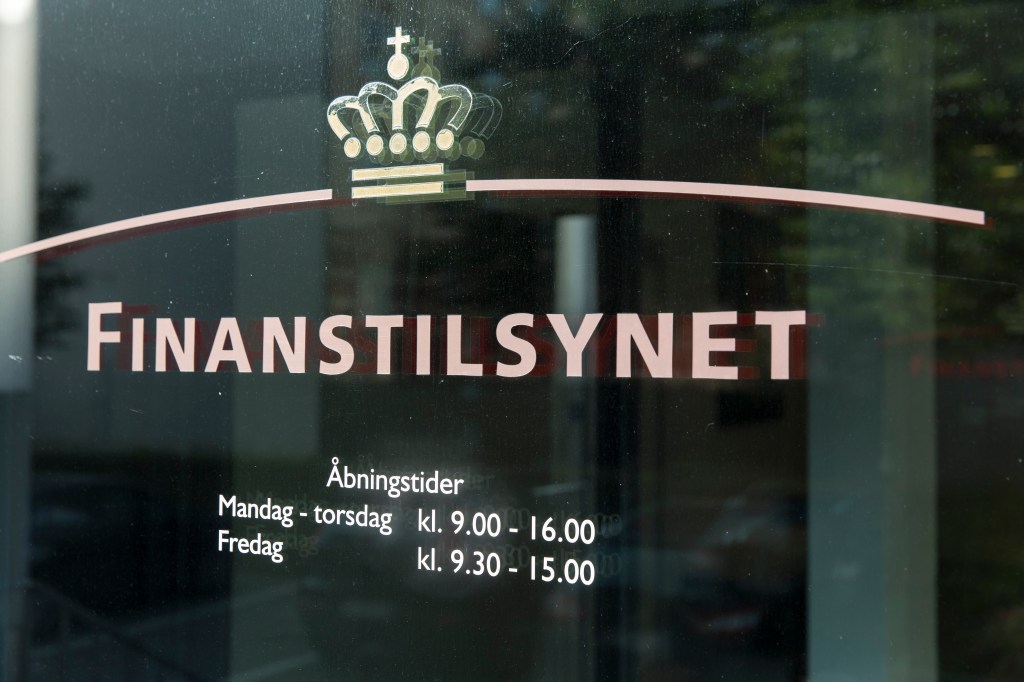The US Department of the Treasury’s Financial Crimes Enforcement Network (FinCEN) has published a Small Entity Compliance Guide to assist the small business community in complying with the beneficial ownership information (BOI) reporting rule.
Starting in 2024, many entities created in or registered to do business
“This
Register for free to keep reading
To continue reading this article and unlock full access to GRIP, register now. You’ll enjoy free access to all content until our subscription service launches in early 2026.
- Unlimited access to industry insights
- Stay on top of key rules and regulatory changes with our Rules Navigator
- Ad-free experience with no distractions
- Regular podcasts from trusted external experts
- Fresh compliance and regulatory content every day













